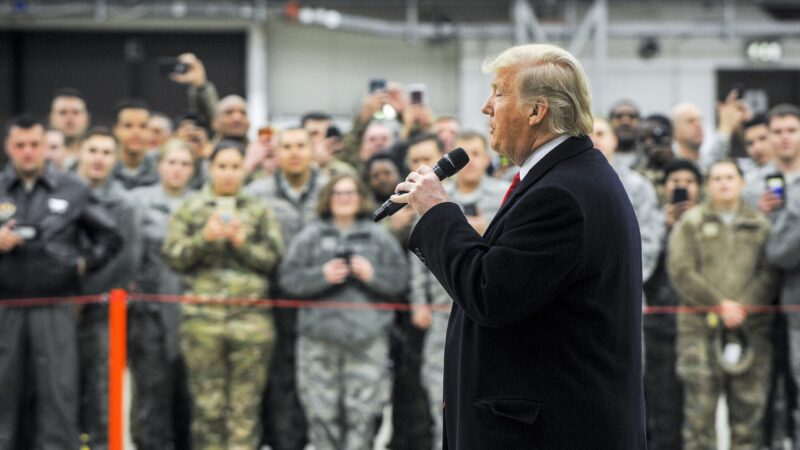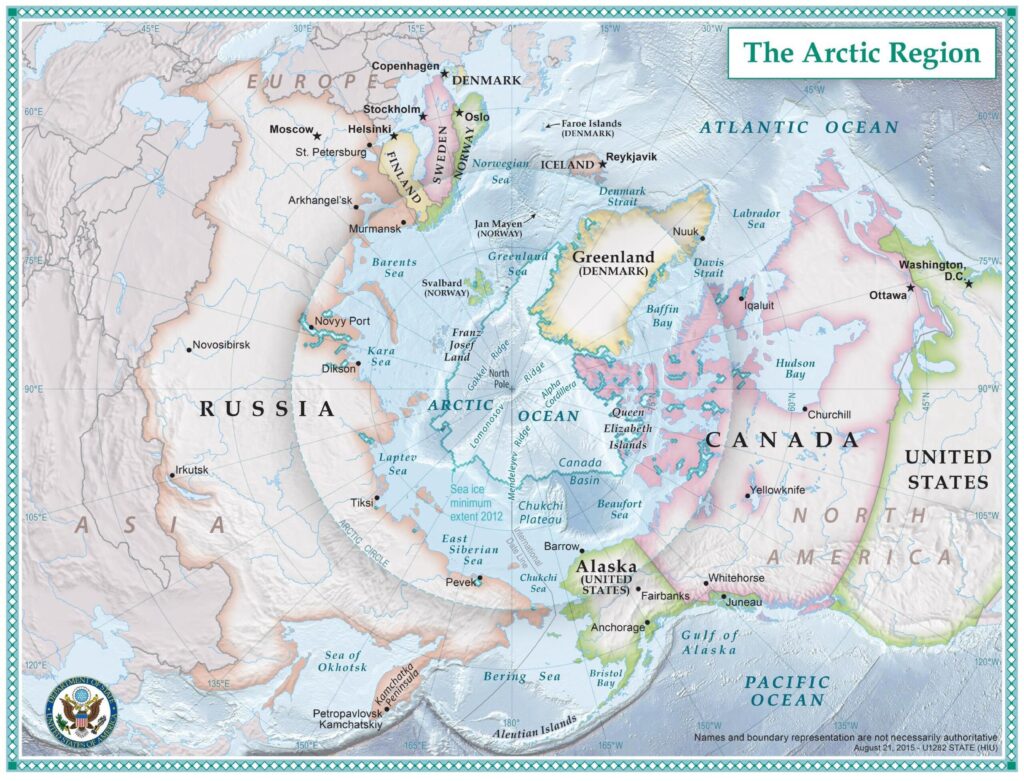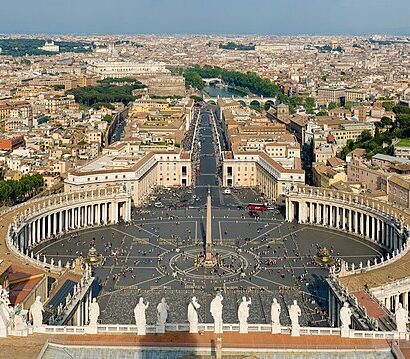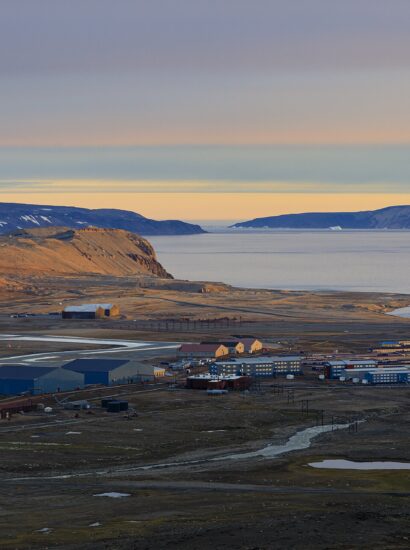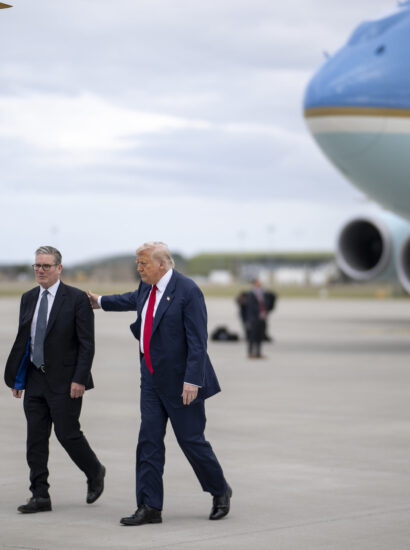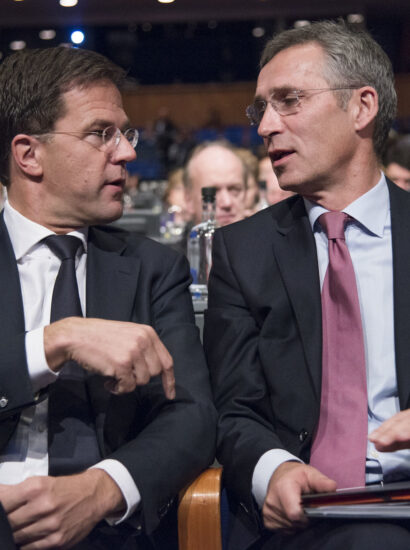Donald Trump once again showed his impulsive and rather assertive communication style when he blatantly said that “Greenland is an incredible place, and the people will benefit tremendously if, and when, it becomes part of our nation. We will protect it, and cherish it, from a very vicious outside world. Make Greenland Great Again!” The newly-inaugurated US President has posted this on the Truth Social platform.
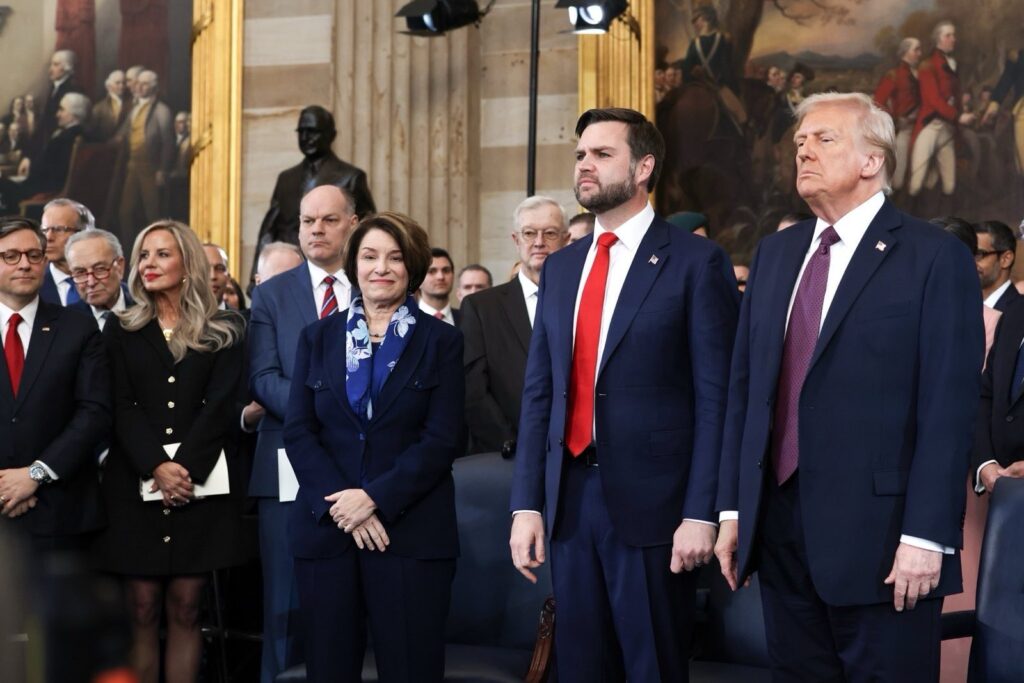
U.S. Vice President JD Vance and President Donald J. Trump on Inauguration Day, 20 January, 2025 (Photo: Office of Vice President of the United States / Wikimedia Commons)
Instead of the American envoy being summoned in the Danish foreign ministry or any other passionate reaction, Danish political leaders have only somberly commented that it should be up to Greenland’s population what to do.
Buying something with not much hesitation and time being the only deciding factor about a decision coming to life are hallmarks of the psyche of really anyone in the upper echelon of society. Money is in great abundance but time cannot really be controlled.
This mindset can be called many things and is to be viewed very negatively when it comes to the refined world of classical diplomacy – an art of international relations that is rapidly fading, due to, in large part, to the 45th and now 47th president of the United States.
Trump and Greenland as such has become a slogan for something shockingly ambitious and redundant. Denmark is a NATO member state, why would it hand over one of its areas?
But if we look at the underlying conditions that made Donald Trump say out loud the things he did, it is not at all unfounded.
On the one hand, Greenland is very rich in natural resources, most of which has been under ice, maybe even permafrost. Thanks to the rapidly changing environmental surroundings, these resources – like rare earth metals, vital for IT manufacturing – are now close to be able to be extracted.
On the other hand, still because of global warming, Greenland will soon find itself in a crucial geopolitical and geostrategical position. As vessels will be able to traverse the Arctic Circle longer and longer each year, this region will be exceptionally full of traffic, at least partly because of said natural resources.
The other part of that is simple geography: the area between Greenland, Iceland and the United Kingdom (called the GIUK Gap) is an excellent connection between the North Sea and the Atlantic Ocean, with great business opportunities as well as military policy implications.
Retired U.S. General Terrence J. O’Shaughnessy, who served as commander of the U.S. Northern Command, told in a Senate hearing in 2020 that Russia’s military buildup in the region “make(s) the Arctic an immediate challenge for (the U.S. and) our northern allies, and our neighboring geographic combatant commands (…).”
It is only right that the U.S. wants to be in the loop here. A bit more useful than putting a flag on the seabed like Russia did way back in 2007.
But the race for Greenland is not something only the future holds either: China has long been sniffing around and for years was on the board of various mining consortiums. It has also bid to build three international airports in Greenland to develop air traffic rapidly – something Greenland’s administrations are not immediately against and something that has otherwise been seen as currency for influence in other parts of the world.
Taking all this into account a U.S. move to strengthen positions in the Arctic – to have a functioning, well-defined Arctic policy in the first place – is a sensible choice.
But the competition is fierce and Trump will have to learn that strategy and international politics are much unlike rich people shopping: the more you want something, the less you must talk about it.

